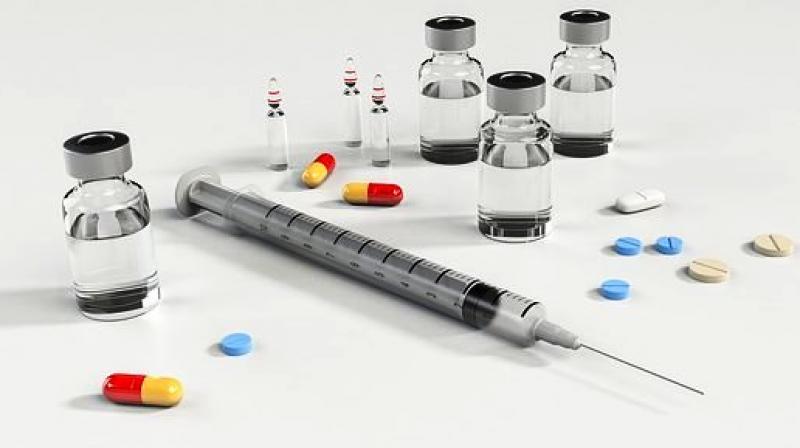India to combat antiretroviral therapy to eliminate transmission of HIV/AIDS
Affordable treatments, vaccines to be developed for fighting AIDS and prevent new cases.

New Delhi: United Nations stated India, an important player in the global fight against AIDS, has called for focusing on efforts to invigorate research for improving diagnosis and developing vaccine and new treatments to alleviate the need for lifelong antiretroviral therapy (ART).
First Secretary in India's Permanent Mission to the UN Paulomi Tripathi said that India is building on lessons learnt of past decades to tackle the ‘last mile' challenges, with focus on reduction in new infection, elimination of mother to child transmission and elimination of stigma and discrimination by 2020.
"Remarkable progress has been made in fight against HIV/ AIDS epidemic. However, significant challenges remain in our way towards eliminating HIV/ AIDS as a public health threat by 2030," Tripathi at a General Assembly session on 'Implementation of the Declaration of Commitment on HIV/AIDS and The Political Declarations on HIV/AIDS'.
The Indian pharmaceutical industry supplies almost two-thirds of the antiretroviral drugs used globally, helping scale up access to treatment across developing countries and significantly contributing in the international fight against AIDS.
She said while significant advances have been made in understanding, treatment and prevention of HIV/AIDS globally, "it is time to focus on future challenges and invigorate research in key areas including better diagnosis to identify maximum number of HIV-infected persons and expanding ART coverage, developing vaccine and new treatments to alleviate the need for lifelong ART and finally, preventing new cases of HIV infection."
Tripathi said targeted, evidence-based strategies at national and sub national levels are key to achieving the global fast track treatment target of 90:90:90 by 2020, which entails diagnosing 90 per cent of all HIV-positive persons, providing antiretroviral therapy to 90 per cent of those diagnosed and achieving viral suppression for 90 per cent of those treated by 2020.
She stressed that international commitments in capacity building, research and development as well as sustained financing for developing robust and affordable healthcare systems in developing countries will help fast-track the efforts to achieve the global targets for HIV/ AIDS. "Ensuring uninterrupted access of affordable antiretroviral drugs and quality care, as well as adherence to treatment through support services, is necessary to combat drug resistance," she said.
Tripathi said that continued political commitment must ensure that competing financing demands and changing priorities at international and domestic levels should not divert attention from adequately financing efforts to combat HIV/ AIDS.
India has witnessed a more than 80 per cent decline in estimated new infection from peak of epidemic in 1995 and estimated HIV/AIDS related deaths have declined by 71 per cent since its peak in 2005. Further, there is an 84 per cent reduction in tuberculosis deaths among people living with HIV in India by 2017, three years ahead of the 2020 deadline.
Tripathi said progress has been possible due to involvement of the communities, civil society and people living with HIV in policy and delivery of services and through intensified information, education and communication drive. Outlining efforts undertaken by India to enhance response towards 2030 targets, she said the country has revamped the prevention and ‘Targeted Intervention' strategy through strengthening outreach activities, biomedical waste management, community-based screening and providing peer navigation services.
The Indian government has also adopted 'Test and Treat' and Viral Load Testing policies to provide comprehensive free care, support and treatment, with around 1.3 million people availing free treatment and support services under these initiatives. In India, a landmark HIV and AIDS (Prevention and Control) Act came into force from September 10 last year that provides a rights-based framework to ensure a dignified life without stigma and discrimination for people living with HIV.
"This Act is a milestone. It empowers a person living with HIV to report discrimination in fields of employment, health care services, educational services, public facilities, property rights, holding public office, and insurance," she said. Tripathi said that the act penalises "propagation of hatred" against the protected persons and makes it necessary to get informed consent for undertaking HIV tests, medical treatment and research.

